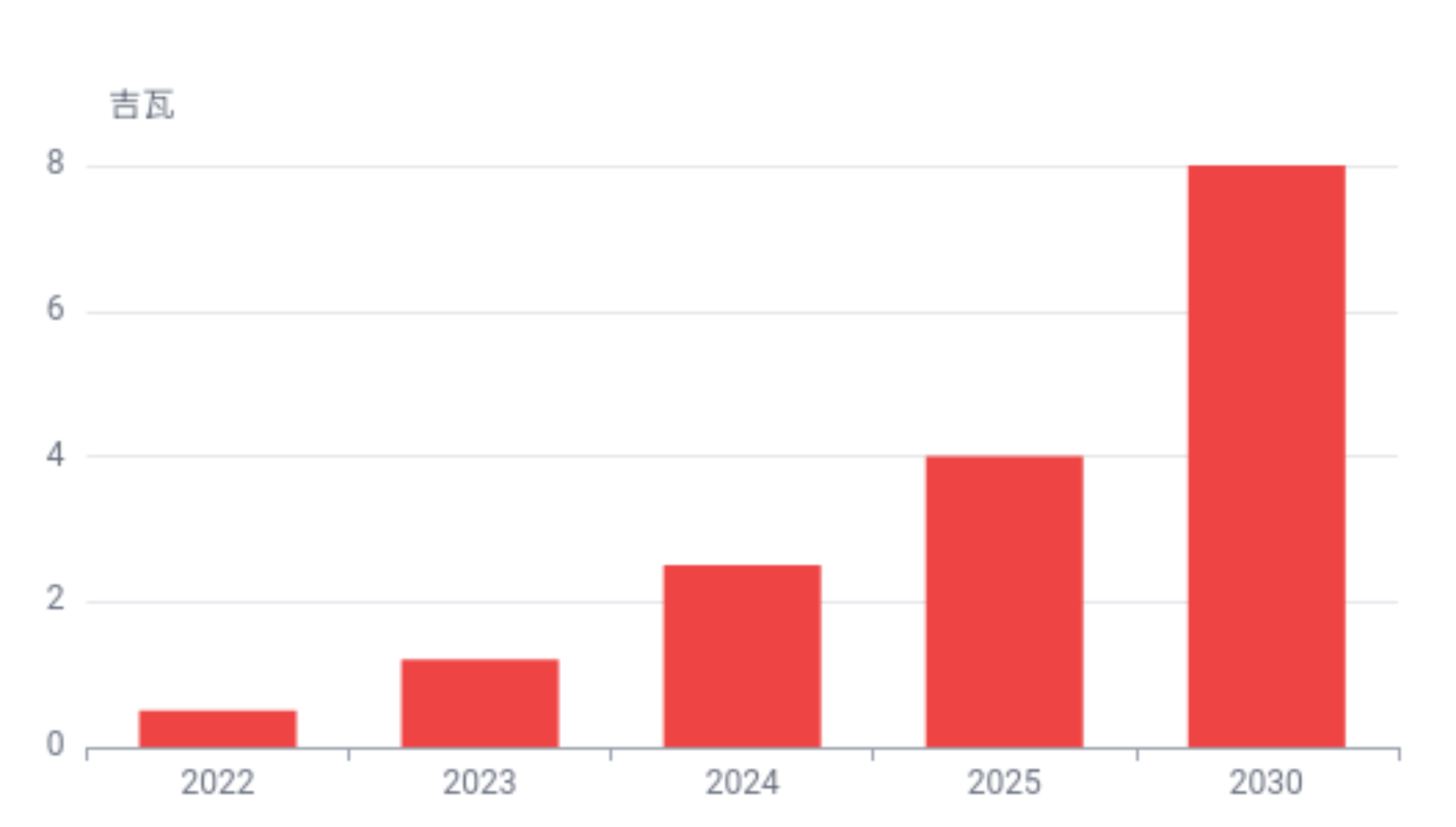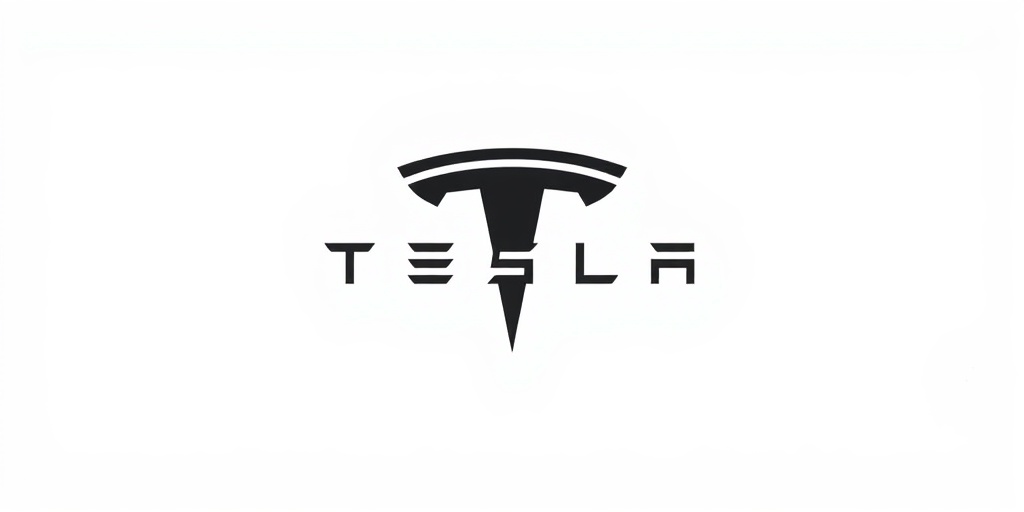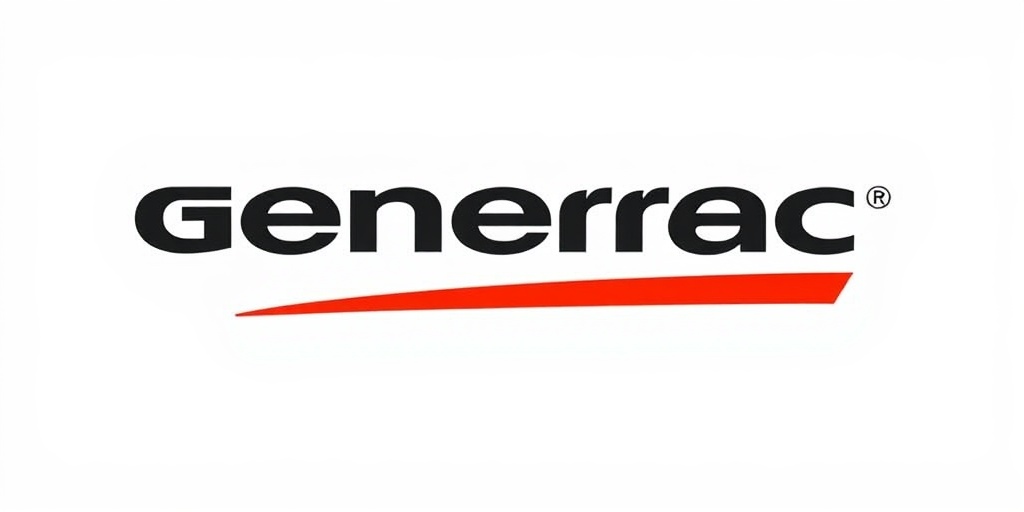Market Size and Growth
The Canadian energy storage system market is in a stage of rapid growth, with great potential for future development.

Global Market


Canadian Market

Gain an in-depth understanding of the current status and development trends of the Canadian energy storage system (HESS) market, and explore the unique advantages and opportunities of Enliven in the highly competitive market environment.
The Canadian large-scale energy storage system market is facing multiple driving factors, creating a broad application scenario for the HES series.
Due to the extensive coverage of Canada's power grid and the challenges posed by extreme weather and natural disasters, the reliability of the grid is being tested. The HES series can provide backup power to ensure grid stability.
Canada is committed to promoting a clean energy transition, with large-scale deployment of solar and wind energy. The HES series can facilitate the integration of renewable energy and enhance grid flexibility.
With rising electricity prices, users can reduce their electricity bills by deploying the HES25 system. The HES series helps to reduce energy costs and improve economic benefits.
The use of electric vehicles in Canada is increasing. The HES series can be integrated with electric vehicle charging stations to improve grid stability and meet user needs.
Interest in independent energy supply among users is increasing. The HES series can serve as a supplement to household energy supply.
The Canadian energy storage system market is in a stage of rapid growth, with great potential for future development.




Understand the main competitors and market positioning.
| Brand | Main Advantages | Market Share | Price Range |
|---|---|---|---|

Tesla
|
High-performance Battery、Brand Recognition
|
32%
|
High-end
|

EcoFlow
|
Portable Energy Storage、AI Optimization
|
18%
|
Mid-to-high-end
|

Generac
|
Microgrid Technology、Reliability
|
15%
|
Mid-range
|

Enliven
|
WATMAR³ Process、Battery Passport、Cost-performance Ratio
|
12%
|
Mid-range
|

Sonnen
|
Integrated Solar Power、Modular Design
|
10%
|
High-end
|
Patented large-capacity process, environmental adaptability, improving manufacturing efficiency.
Battery management system throughout the entire lifecycle, improving battery life.
Optimize production to reduce costs, offering competitive pricing and better quality assurance.
The Canadian government has created a favorable policy environment for the development of energy storage systems.
A federal tax credit of up to 30% is available for the purchase of qualified energy storage systems.
Provincial governments offer additional subsidies, with higher subsidies available for solar system installations.
Enterprises can enjoy tax deductions and subsidies for installing energy storage systems.
Some subsidy programs have clear time limits and may face policy changes in the future.
There are differences in certification and installation standards across provinces, increasing operational costs.
Grid access policies may change, affecting the economic viability of energy storage systems.
The Canadian government announced a new clean energy incentive plan, including energy storage systems in the subsidy scope.
Several provinces announced the "Energy Storage System Expansion Plan," offering additional subsidies for residential and commercial buildings.
It is expected that the federal and provincial governments will introduce new incentive policies to further promote market growth.
Gain an in-depth understanding of the economic value, trend analysis, and business opportunities in the Canadian large-scale energy storage system market.
 Contact Us
Contact Us